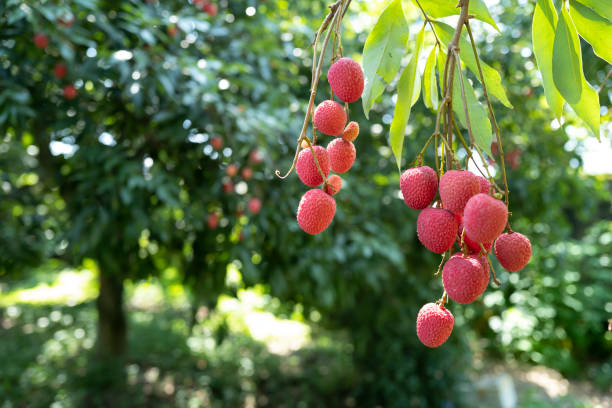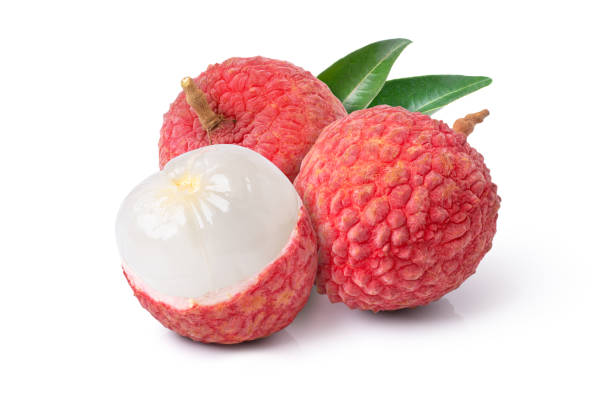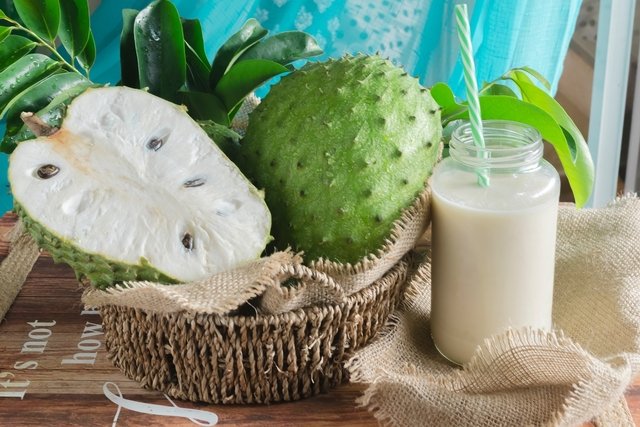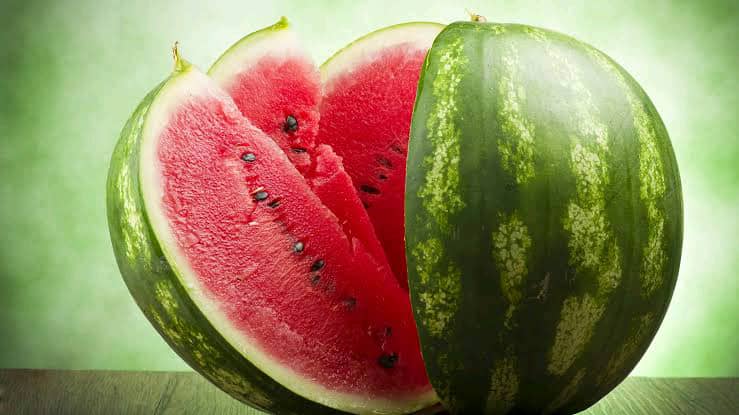Hailing from the subtropical regions of Asia, the lychee stands as a sweet gem among fruits, not only for its unique floral flavor but also for the wealth of essential vitamins, minerals, and antioxidants it brings to the table. As a beloved tropical delight, the lychee offers more than just its delightful taste; it unveils a nutritional profile that contributes to overall well-being.
At the forefront of lychee’s nutritional treasures is its abundance of vitamin C. Bursting with this immune-boosting vitamin, lychee provides a refreshing dose with each succulent bite. Vitamin C acts as a powerful antioxidant, shielding cells from oxidative stress, supporting collagen synthesis for skin health, and fortifying the body’s natural defenses. Enjoying lychee not only satisfies the sweet tooth but also brings a zesty boost to immune vitality.

Lychee is low in calories and a good source of dietary fiber, making it a wise choice for those seeking a satisfying yet health-conscious snack. The fiber content supports digestive health by aiding in regular bowel movements and promoting a feeling of fullness. This combination of fiber and low-calorie density positions lychee as a nutritious option for those mindful of their caloric intake and seeking satiety.
Antioxidants are abundant in lychee, including polyphenols like flavonoids and carotenoids. These compounds contribute to lychee’s potential anti-inflammatory effects and protection against oxidative stress. The vibrant red hue of lychee signifies the presence of these beneficial compounds, turning this tropical fruit into not just a tasty treat but also a nutritional powerhouse.
Lychee provides essential minerals, including potassium, copper, phosphorus, magnesium, and manganese. Potassium is vital for heart health, regulating blood pressure and supporting proper heart function. Copper contributes to various metabolic processes, while phosphorus is crucial for bone health and energy metabolism. The mineral composition in lychee adds to its nutritional value, supporting diverse aspects of overall well-being.

This exotic fruit also contains B-vitamins, including thiamine (B1), riboflavin (B2), niacin (B3), pantothenic acid (B5), pyridoxine (B6), and folate (B9). These vitamins play essential roles in energy metabolism, red blood cell formation, and neural development. The B-vitamin content in lychee adds to its nutrient richness, providing a spectrum of essential nutrients in each luscious bite.
Lychee’s sweet taste and fragrant aroma make it a delightful addition to various culinary creations. Whether enjoyed fresh, in salads, or as a refreshing addition to beverages, lychee offers a flavorful and nutritious experience that reflects the diversity of tropical fruits.
In conclusion, lychee, with its sweet and floral allure, transcends its role as a tropical delicacy to emerge as a nutritional gem. From immune-boosting vitamin C to antioxidant-rich polyphenols and a spectrum of essential minerals and B-vitamins, lychee offers a comprehensive array of nutrients. As we relish the juicy sweetness of lychee, we are not just savoring a tropical delight; we are partaking in a nutritional experience that delights both the palate and the body.




